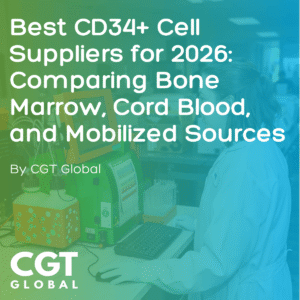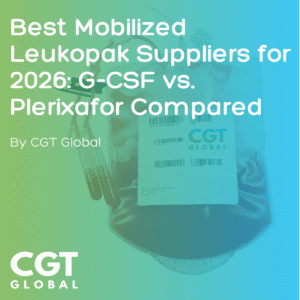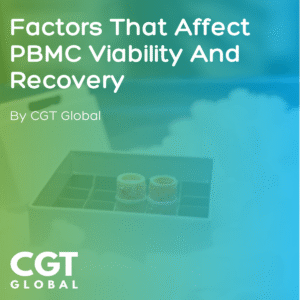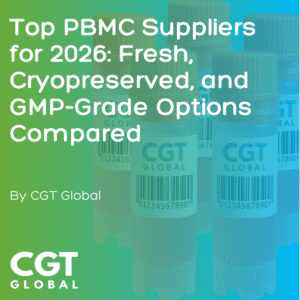Adult stem cells have the ability of self-regeneration and differential plasticity, which allows them to play a key role in cell-mediated cardiovascular regenerative therapies. One such adult stem cell, mesenchymal stem cell (MSC), is widely used in preclinical and clinical studies on the regeneration of cardiac function and structure after acute myocardial infarction. A primary mechanism of MSCs therapeutic effects is the release of soluble factors that promote regeneration of the damaged tissue.
The major challenge to overcome with MSCs as a means of treating cardiovascular disease is the fragility of the cells during cryopreservation, thawing, and expansion in culture prior to injection into the damaged tissue. Consequently, this tedious process can lead to eventual cell death of the MSCs after administration to the damaged tissue, which inevitably elicits an immune response by the host.
To overcome this challenge, delivery of soluble factors is generated from a synthetic biodegradable and biocompatible polymer. This therapeutic particle, called synthetic MSC (synMSC), is a polymer containing soluble MSC factors and coated with MSC membranes. Furthermore, coating the polymer with MSC membranes allows the particle to go undetected by the host immune system.
Injection of synMSC into damaged mouse hearts showed an increase in infarct wall thickness and a decrease in infarct size. Additionally, synMSCs promoted stem cell recruitment to the damaged area and increased vessel density, suggesting that the therapeutic effect may be through the activation of stem cells and promotion of angiogenesis.
The results suggest the use of synthetic stem cells as a novel therapeutic approach to stem cell-mediated regenerative therapies not only in cardiovascular disease but in a wide variety of damaged tissues.
Click HERE to access the article.
StemExpress is a supplier of human bone marrow-derived mesenchymal stem cells. Each lot of MSCs is checked for the expression of specific markers (90% CD73+, CD90+, and CD105+ and <5% CD11b-, CD19-, CD34-, and CD45-) and viability (85% PI) to ensure the highest quality of cells.






